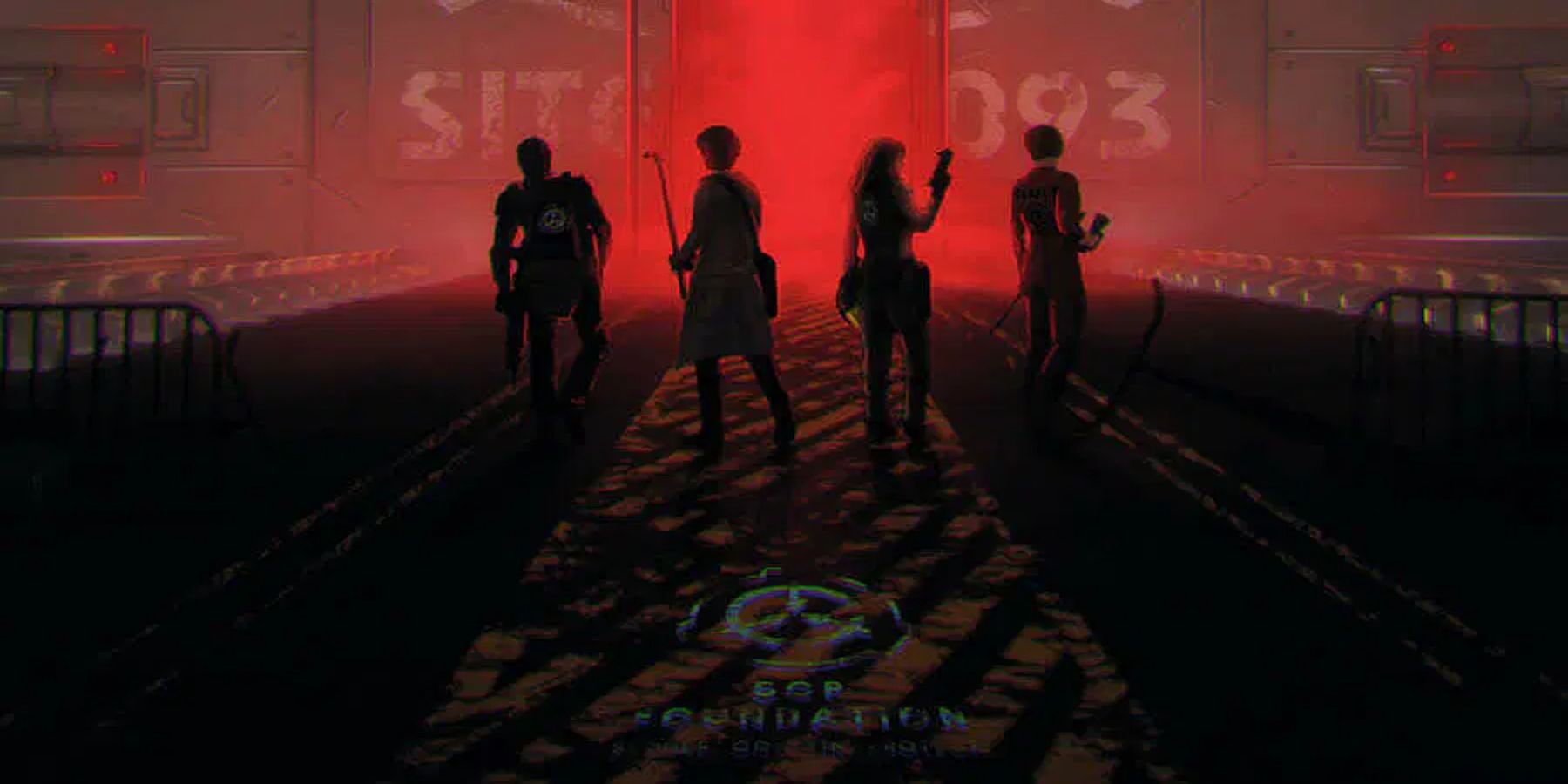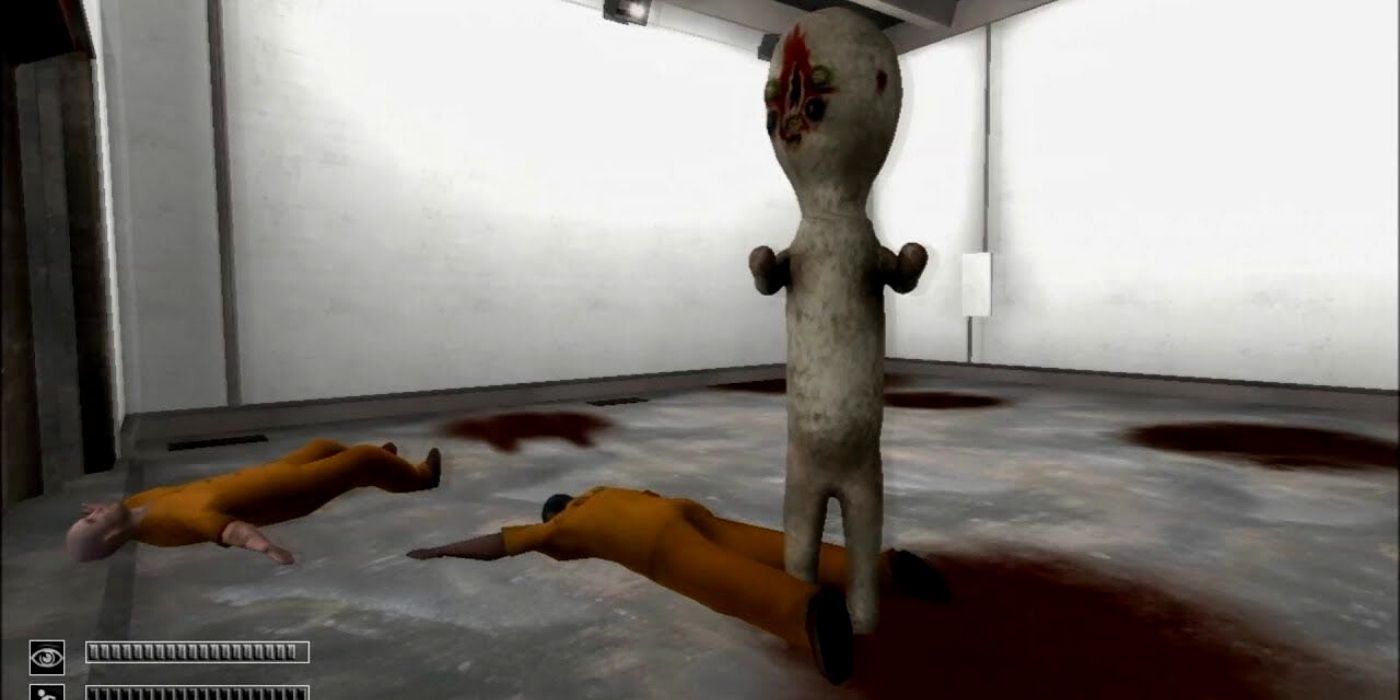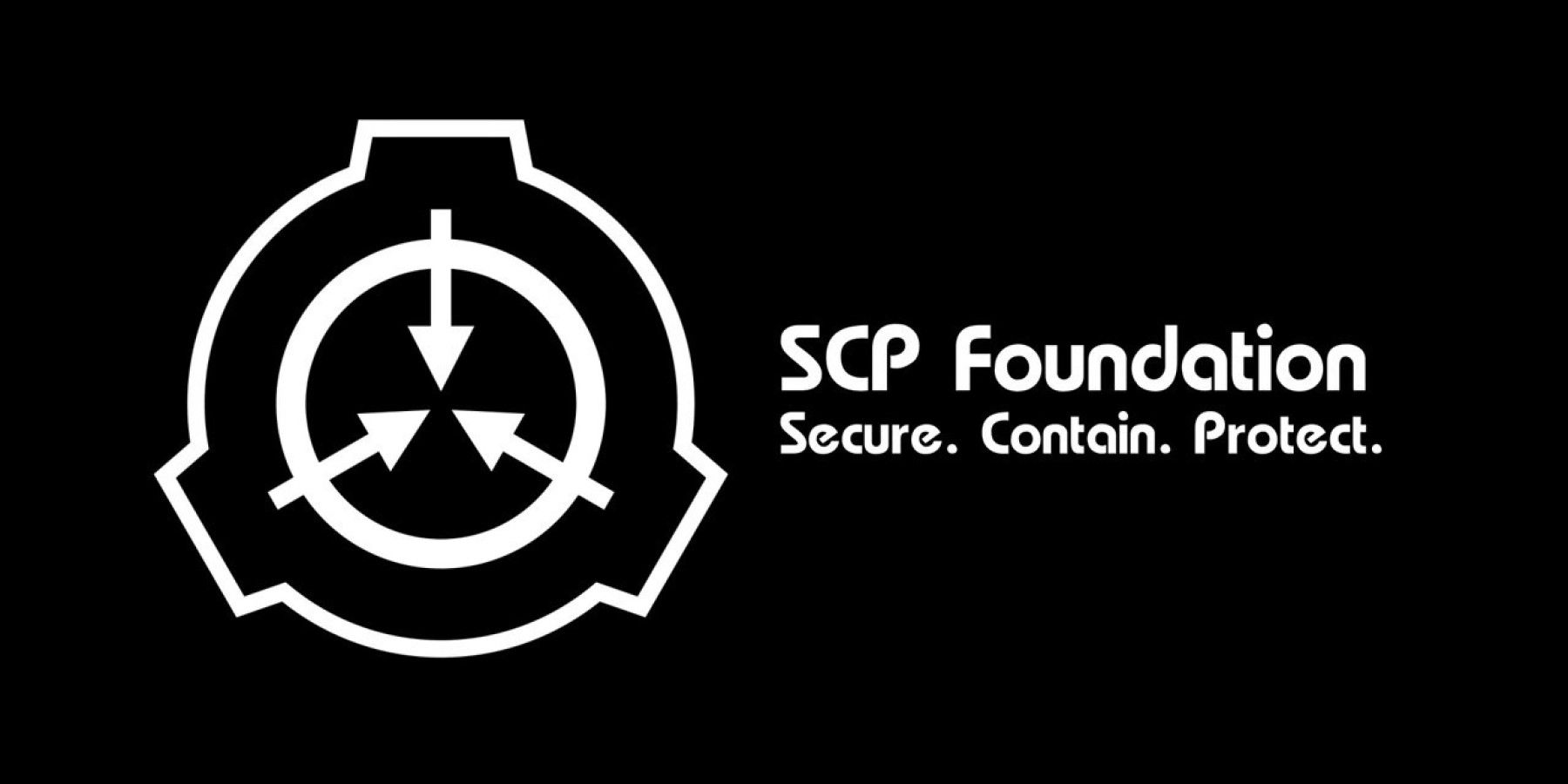After once again gaining traction online with the likes of The Store is Closed, the SCP Foundation is seeing a resurgence and demonstrating that the fan-built wealth of content is still brimming with untapped gaming potential. Starting all the way back in 2007 with the first "entry" of SCP-173, the community has since exploded with literally thousands of other SCP posts, inspiring plenty more fan-made content including novels, films, and even games. From the latest The Store Is Closed to the many interpretations of SCP-087, indie games like these could help pave the way for more mainstream interest.
But while there might be an abundance of content to draw from for current or future SCP games, there are obstacles that could be preventing larger developers from considering taking on a project inspired by SCP content. Whether it's due to copyright or down to the scale and scope of such projects, the SCP Foundation has seemingly only ever been able to leave its mark on the indie scene thanks to the efforts of its fans. However, with such an engaged community and endless possibilities for games of different genres, gameplay, and more, it seems a shame to waste such potential.
SCP and its Current Gaming History
It wouldn't be until 2012 that the first SCP game would be made, but its release coincided with the growing trend of early Let's Players such as PewDiePie and Markiplier who played indie horror games like it. Based on and named after SCP-087, its design was very rudimentary, consisting of only a single staircase going down with alternating flights of stairs between each level. There is no way to "beat" the game as the goal appears to simply be to survive for as long as possible until the player is inevitably killed by the SCP entity.
This could be why SCP games have become so prominent across the indie scene, as with the right source material these games don't require an intensive amount of development, relying on limited settings and basic mechanics. This is supported by the significant number of games also based on SCP-087, as the concept is easily replicable. However, this hasn't prevented later SCP games from improving, likely a result of the same community equally improving in development over time, even to the point where the same SCP-087-inspired games are now joining other horror games in VR.
The most recent games like The Store is Closed and SCP - Containment Breach (currently being remade in the Unity engine to market to current gamers and ultimately modernize it) reflect an expanded approach to SCP games through two different interpretations. For instance, The Store is Closed centers around one specific SCP entry and forces players to come face-to-face with the paranormal location, entity, or item. SCP - Containment Breach, on the other hand, is more ambitious and focuses on the Foundation itself instead of just one particular SCP, setting the game within a facility filled with many SCPs.
SCP's Future Potential in Gaming
While The Store is Closed has yet to release, of all the current SCP projects in development, it is among the few that appear to still be underway. This possibly illustrates that the gaming scene behind SCP content is stuck in limbo since 2020. The COVID-19 pandemic may be a likely reason why, as it pulled fans away from these projects. However, with the success of Control and its similarity to the SCP Foundation as well as the dozens of SCP-inspired games, it's clear that fans are eager for more, especially with calls for a Control sequel.
Realistically then, the biggest obstacle facing the SCP community in developing these games is time and money. Like many other SCP projects The Store is Closed relied on crowdfunding, which is a viable solution but only to the extent of how much the community is prepared or able to spend. These developers are often small too, sometimes even being just one individual, compounding the challenges faced in game development. A better option would be to instead find more reliable backing elsewhere, such as publishers, but this moves the project away from fan-made to corporate and throws into question the copyright.
Though the community strives to maintain its Creative Commons license, it does stipulate that content is attributed. This isn't outright bad, but it could discourage a publisher if it's unable to build a franchise or brand out of successful SCP-based games, especially if it hopes to rival Remedy Entertainment's Control. Worse still, the fair use of SCP is also currently at risk after Andrey Duskin filed it as his trademark in Russia in a blow to gaming, something which many fans learned about when Markiplier publicly sided with SCP's community. With a legal quagmire ahead, mainstream SCP Foundation games could be dead in the water, but the potential for the vast trove of stories remains.



